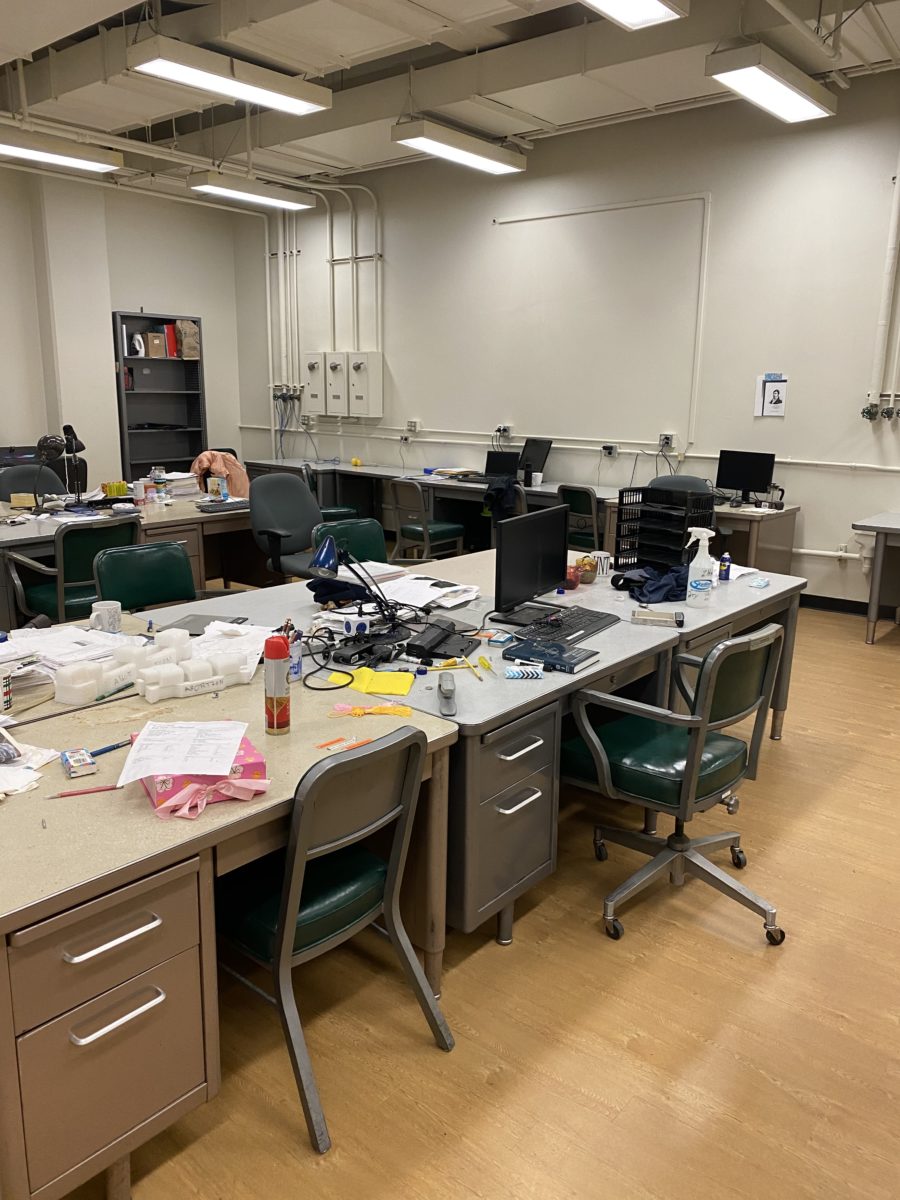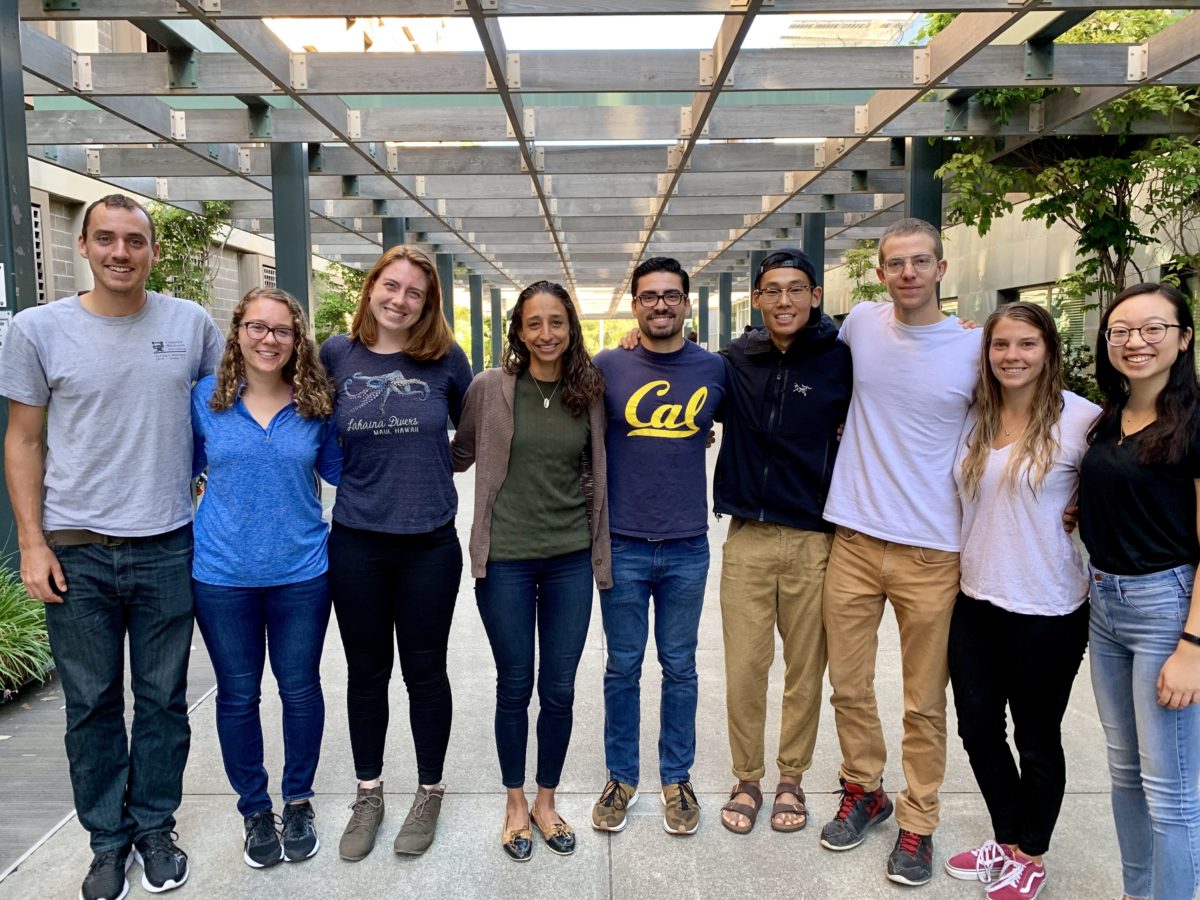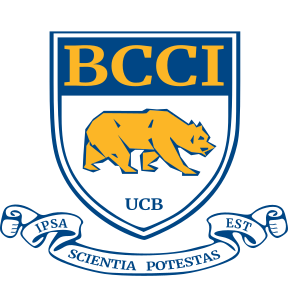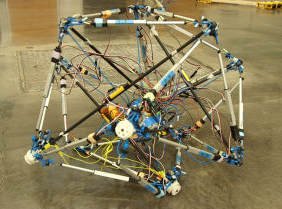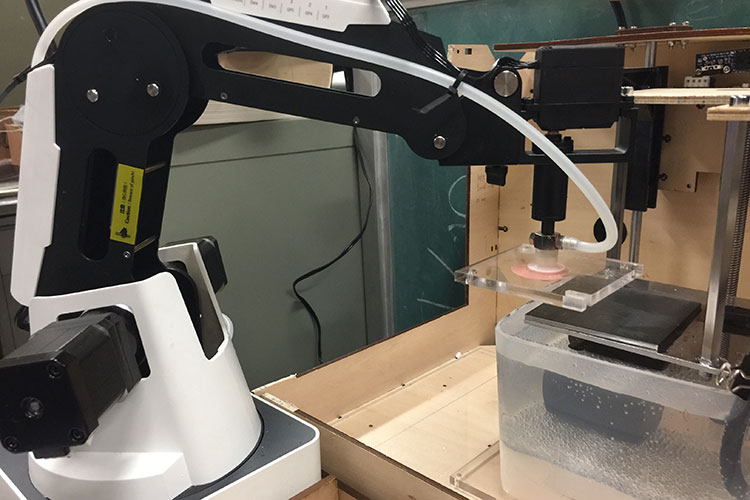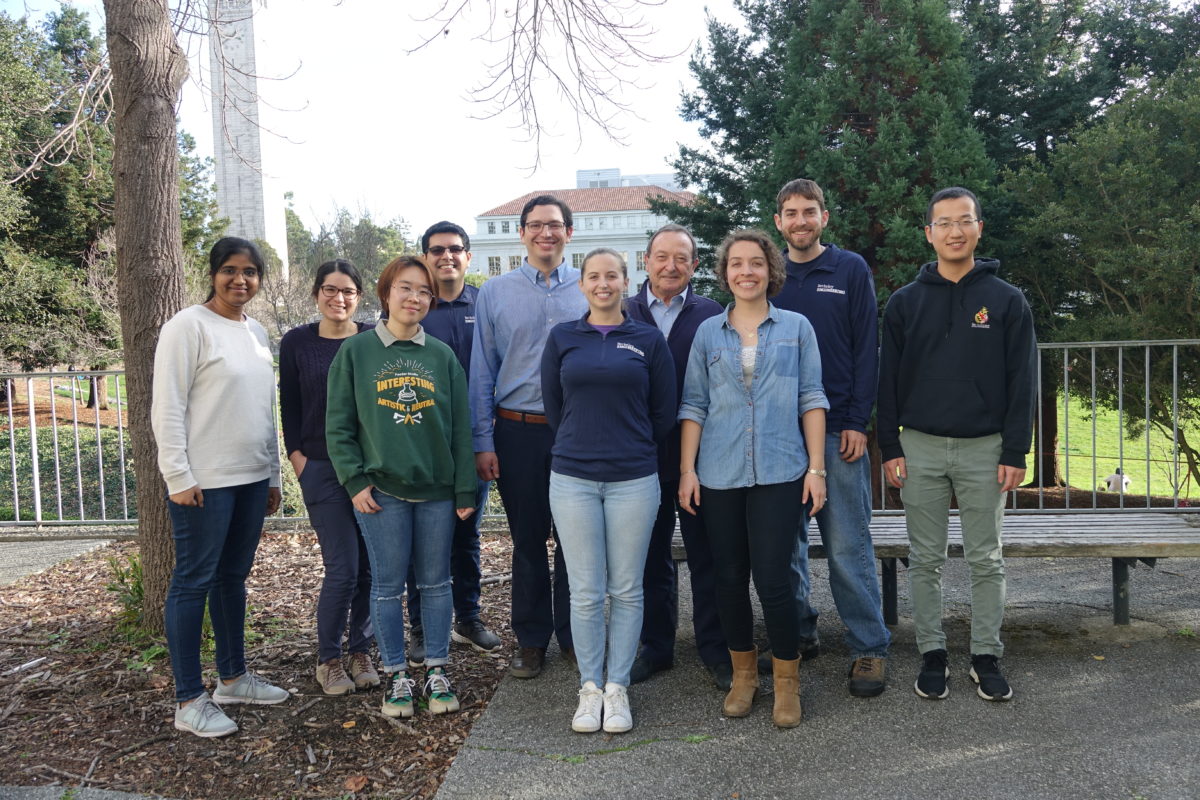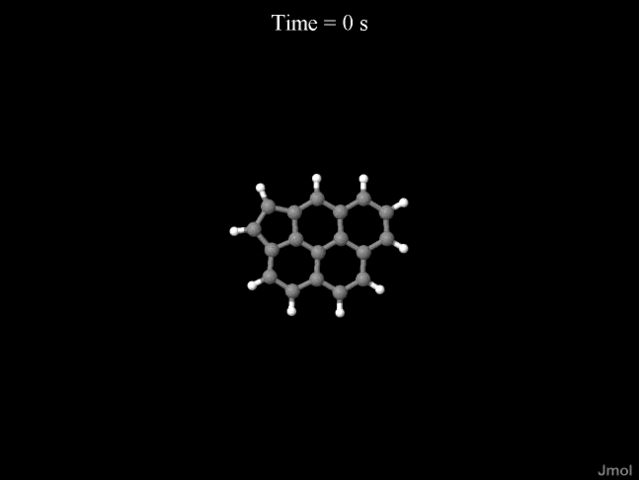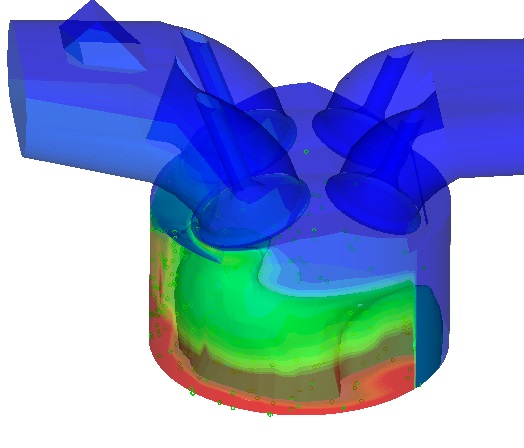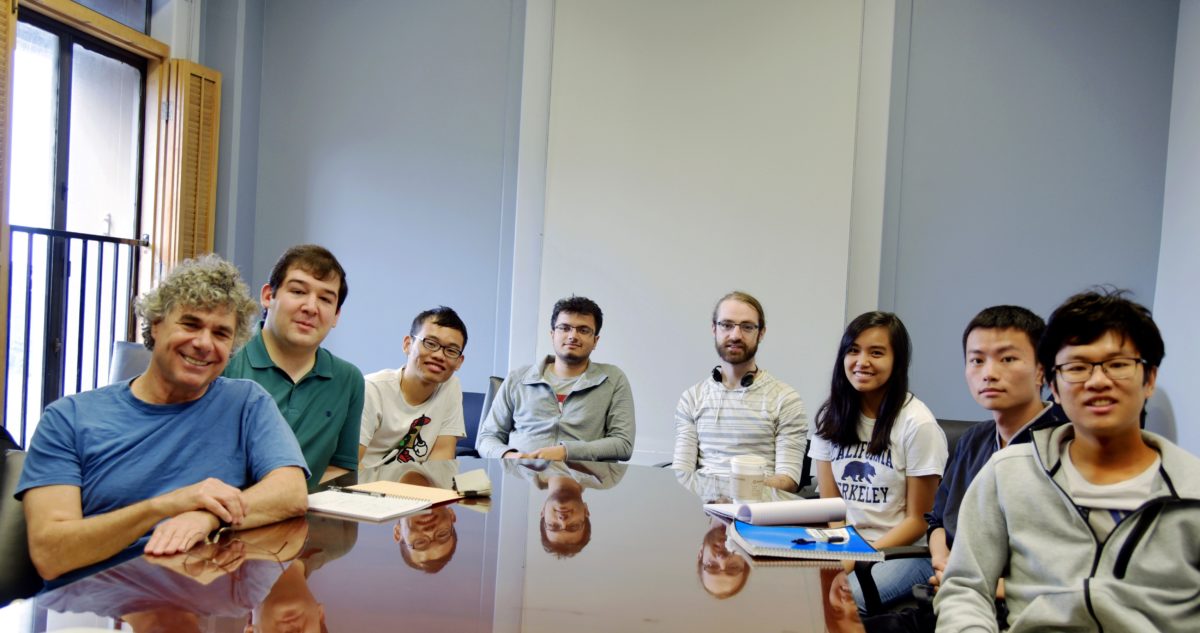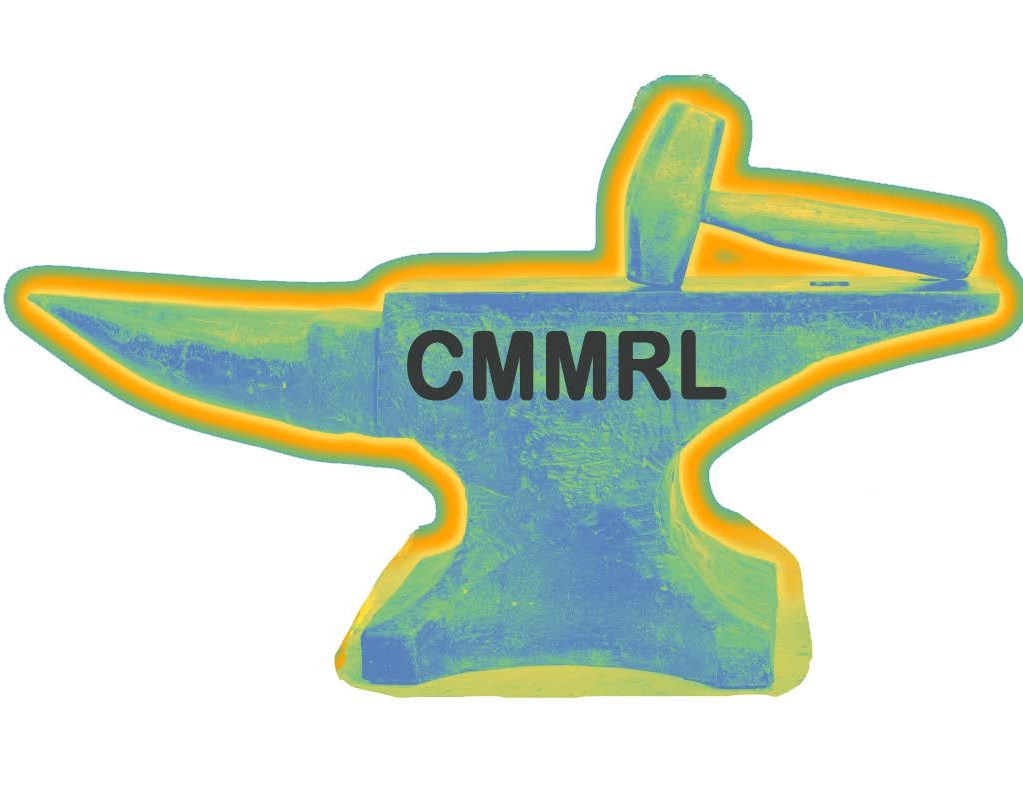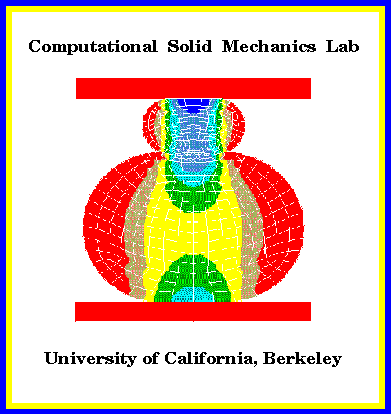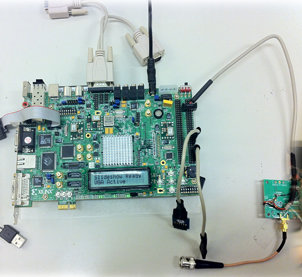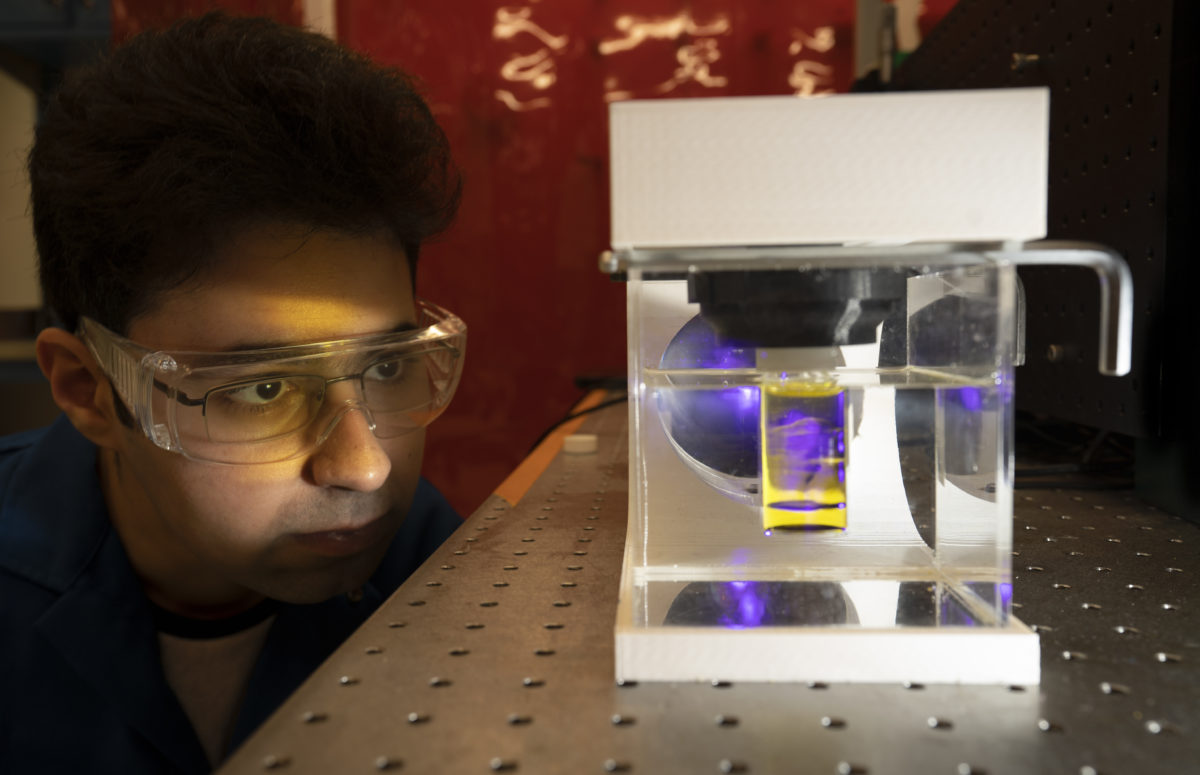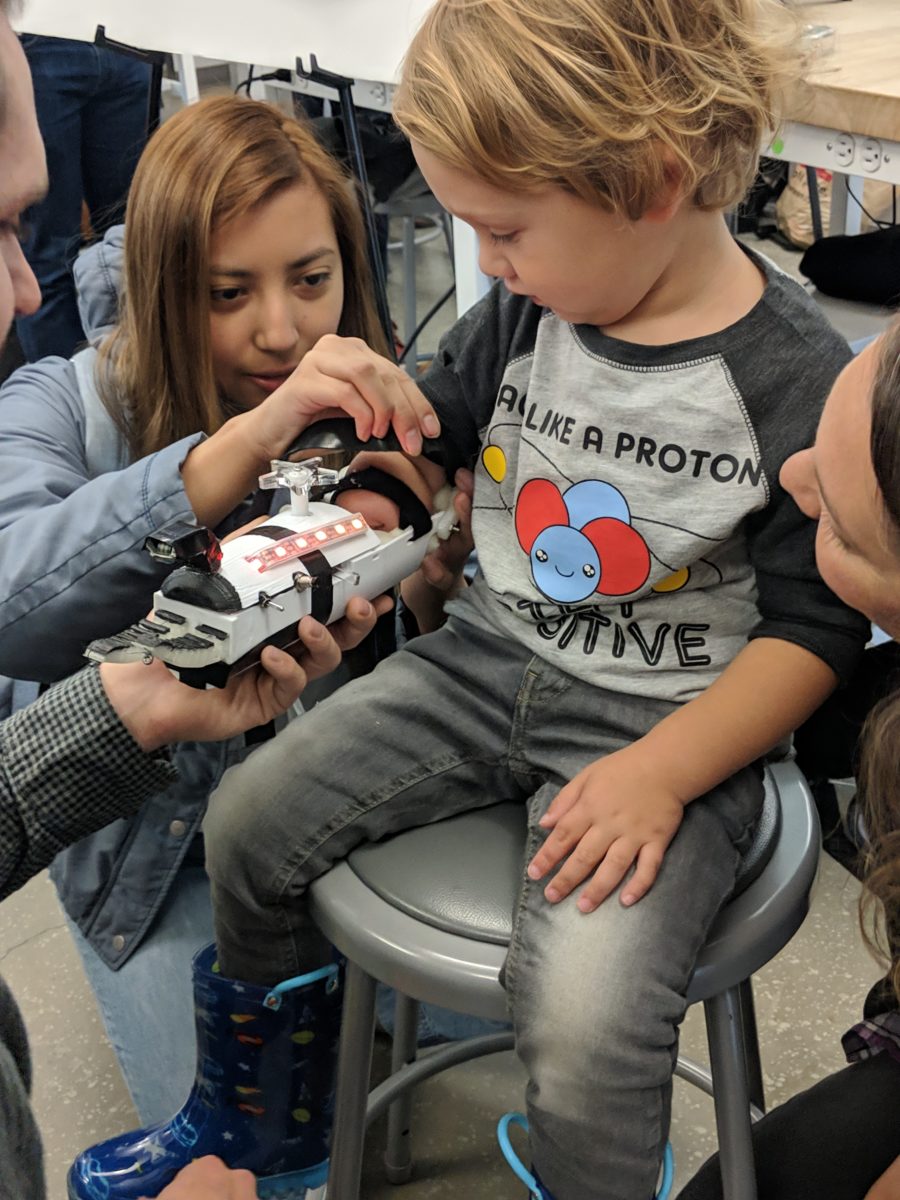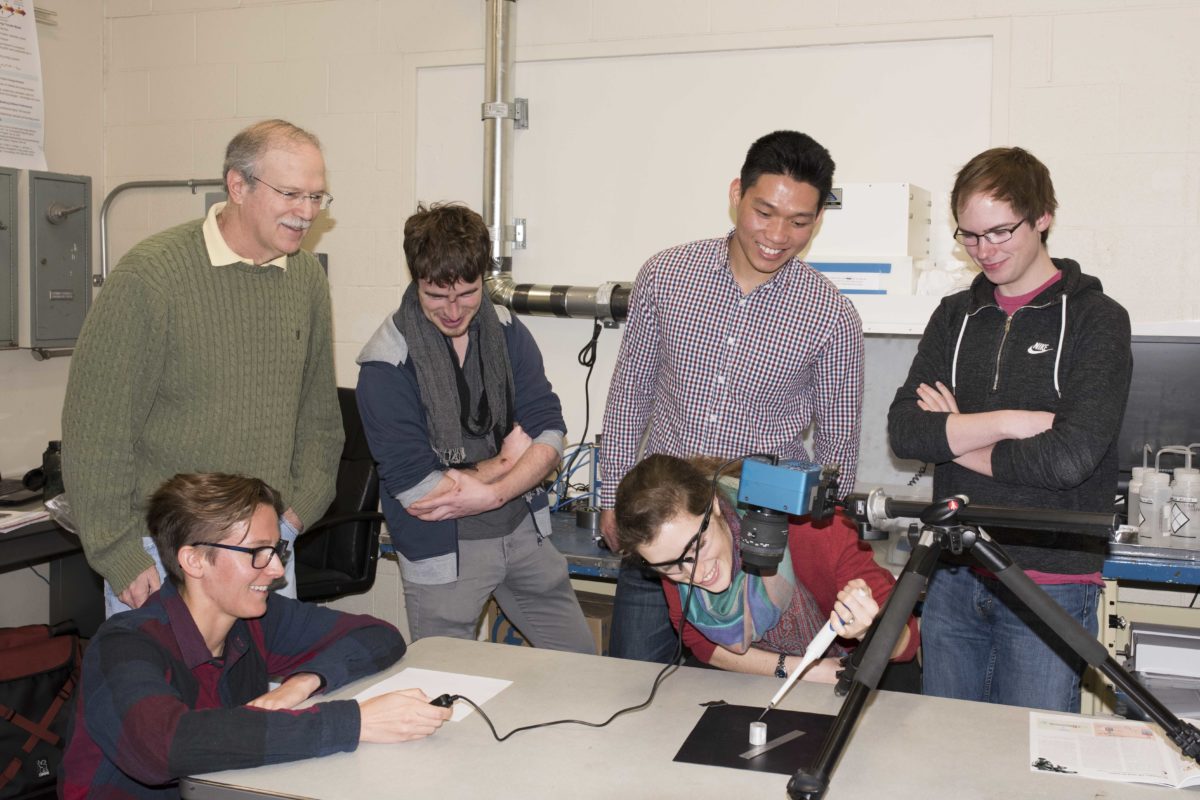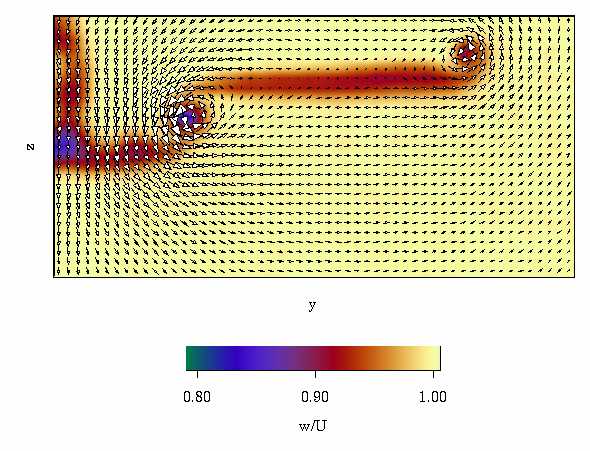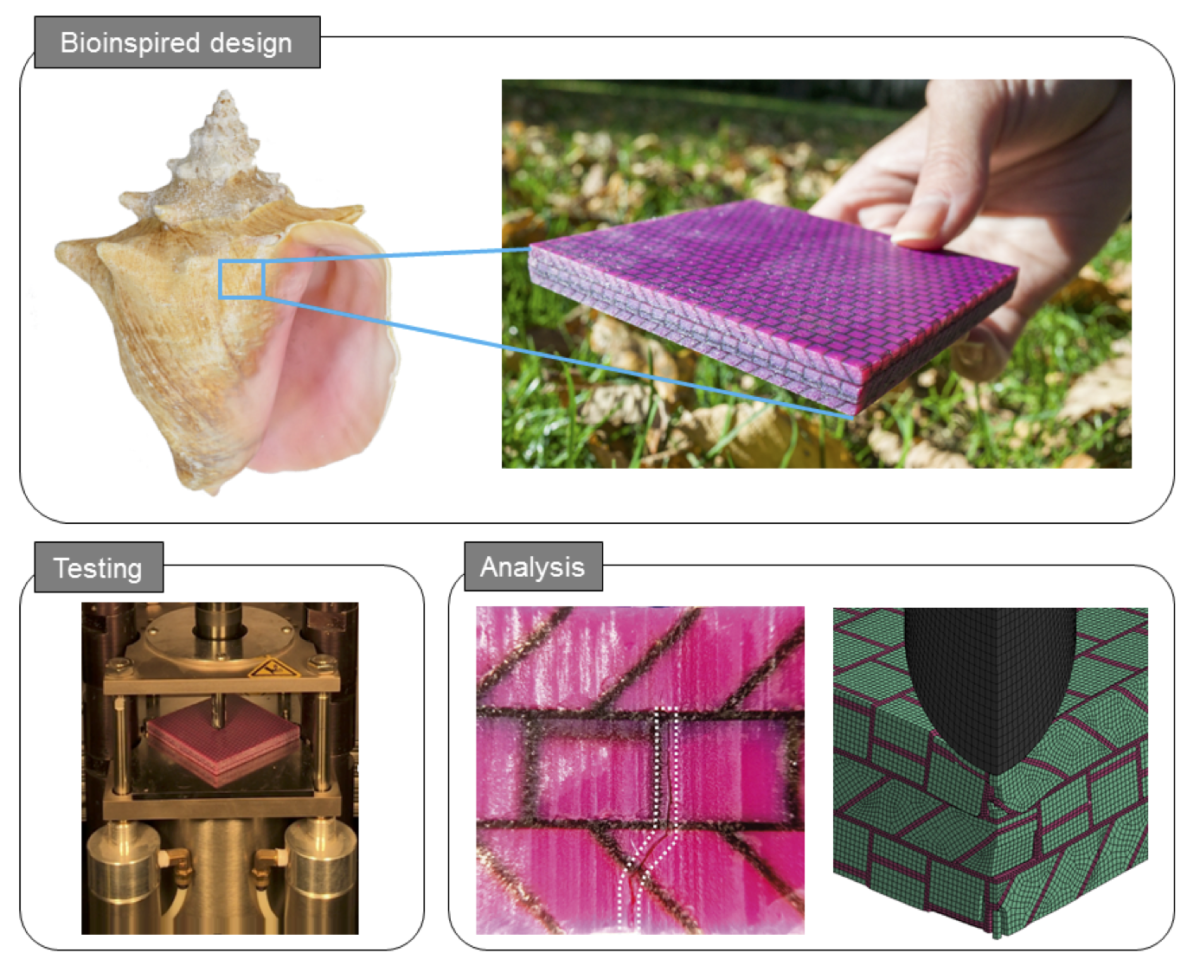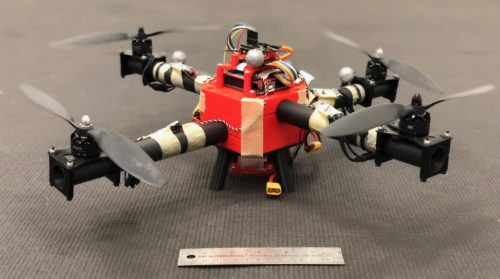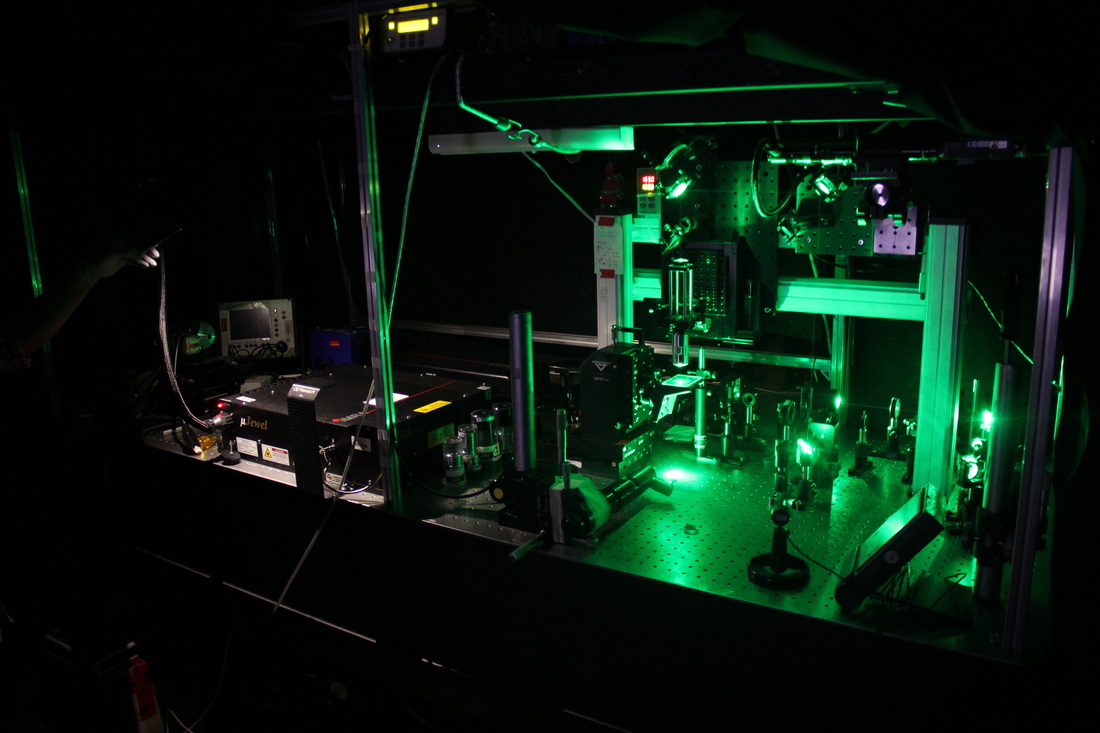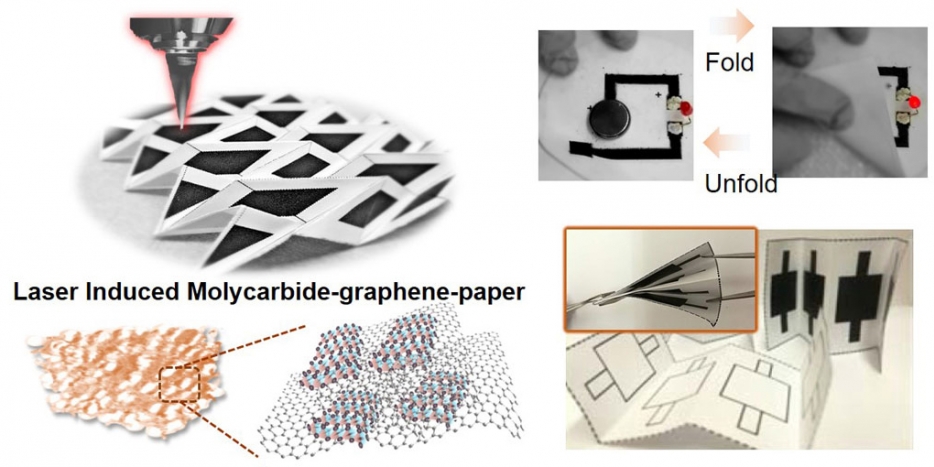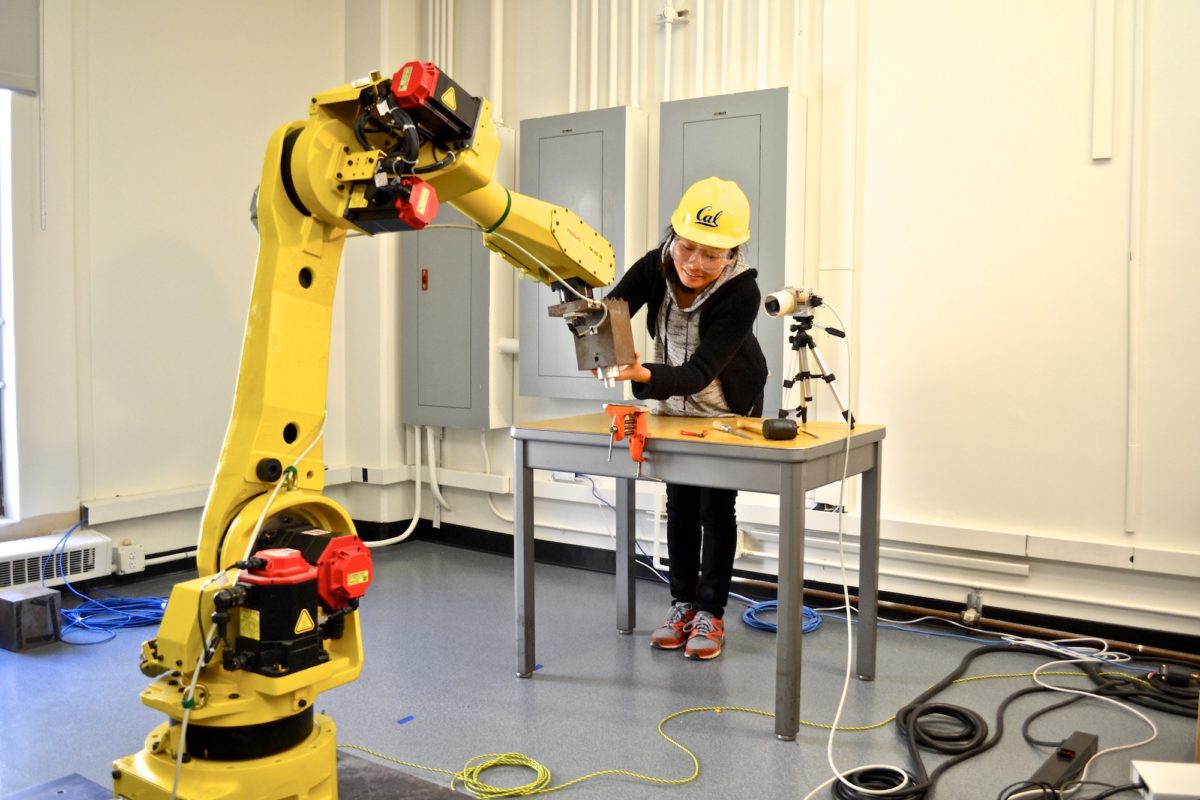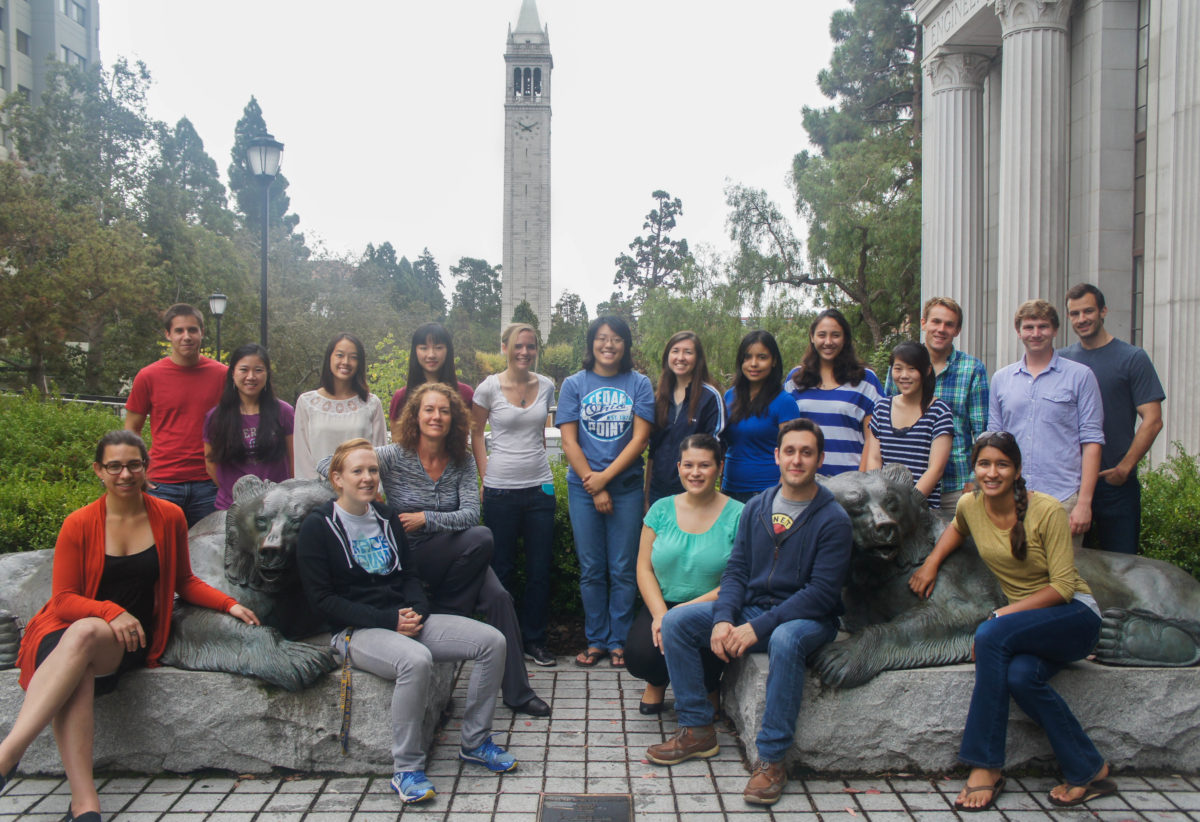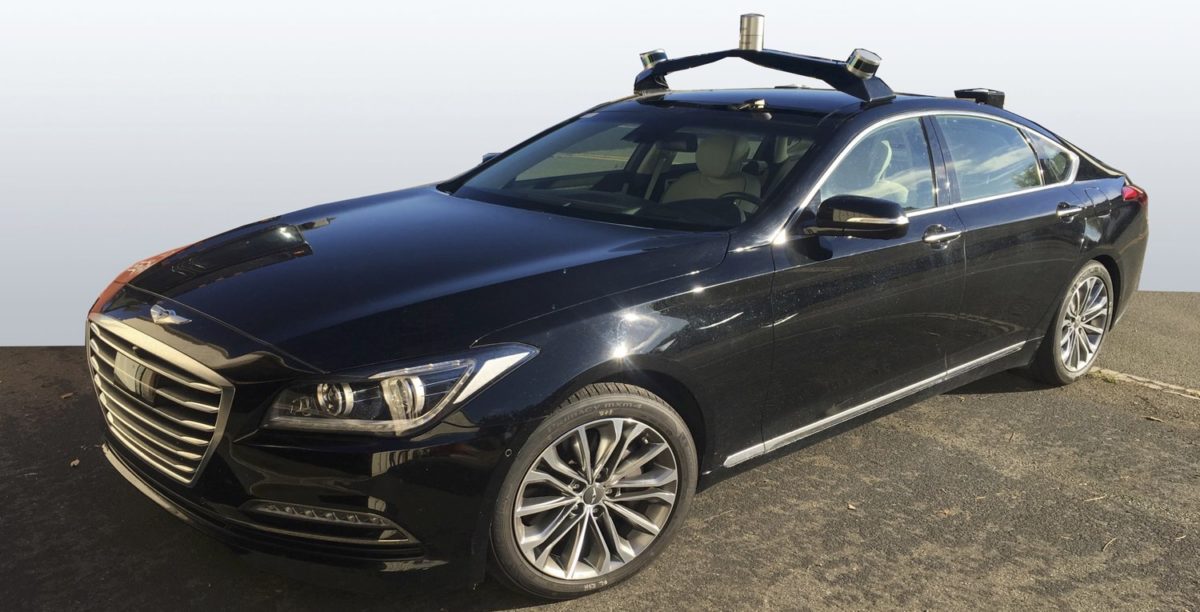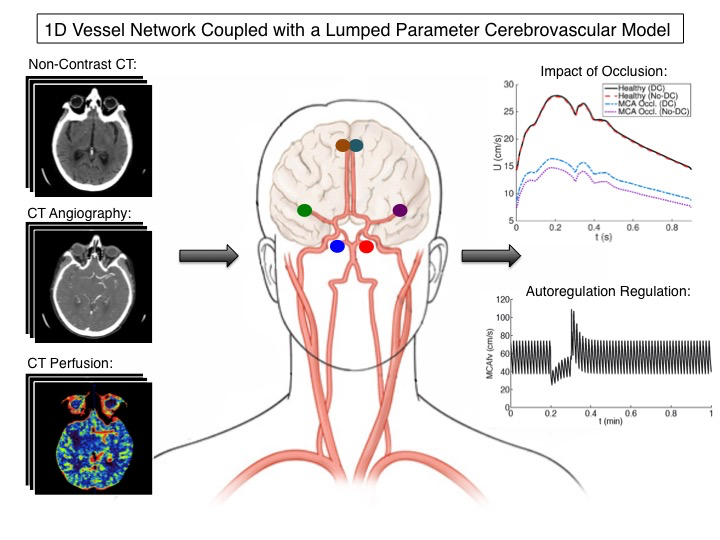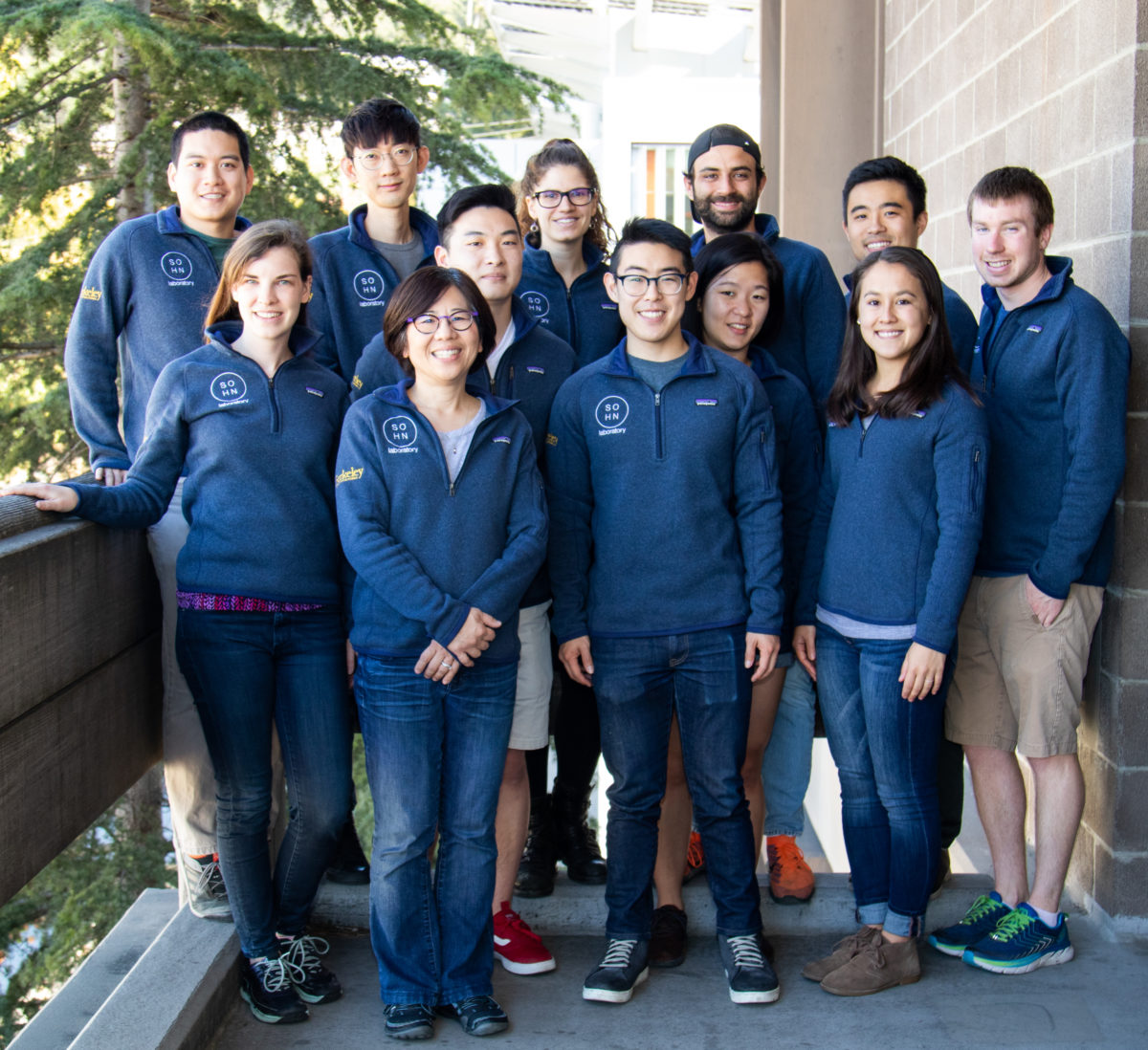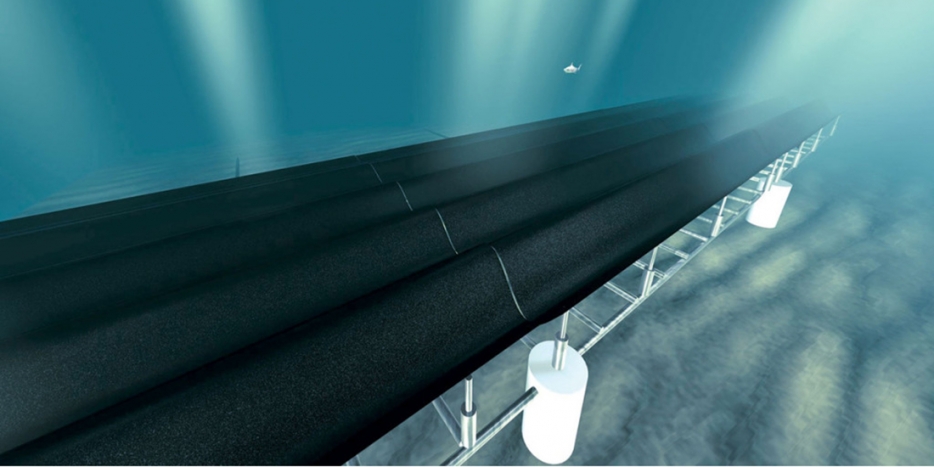Laboratories
Applied Simulation Laboratory
A warm and comfortable place for theoretical and computational research.
Berkeley Biomechanics Laboratory
Our lab is focused on soft tissue biomechanics and tissue…
Berkeley Center for Control & Identification
The BCCI focuses on control theory, including but not limited…
Berkeley Fire Research Lab
The Berkeley Fire Research Lab is broadly interested in fire…
Berkeley Robotics & Human Engineering Laboratory
Our research activities are focused on the design and control…
BEST Lab
The BEST (Berkeley [Energy and Sustainability Technologies/ Expert Systems Technologies/…
Bio-Thermal Laboratory
Research focus: Heat and mass transfer in biomedical engineering and…
Combustion Fire Processes Laboratory
The laboratory researches topics such as ignition and flame spread…
Combustion Laboratory
The Combustion Laboratory was established in summer of 1995. Over…
Combustion Modeling Laboratory
Our work focuses on advanced simulations of combustion processes that…
Computational Fluid Dynamics Laboratory
Our research group is focused on the fluid dynamics of…
Computational Manufacturing and Materials Research Laboratory
Research themes: (1) Modeling and simulation of advanced manufacturing and…
Computational Solid Mechanical Laboratory
CSML was founded in 1992 and curates research in the…
Computer Mechanics Lab
The CML was founded in January 1989 after several years…
Design for Nanomanufacturing
Our research spans the invention, modeling and simulation of micro-…
Dynamics Lab
Our research focuses on the dynamics of mechanical systems and…
Embodied Dexterity Group
Our group improves robot and human dexterity through building end-effectors…
Energy and Multiphase Transport Laboratory
The EMT Laboratory has been operating at Berkeley for decades…
FLOW Lab
Our research focuses on the advancement of the physical understanding…
Fluid Mechanics Laboratory
Research focus: Classical Fluid Mechanic; Aircraft Wake Vortices; Biofluid Mechanics;…
Gu Research Group
The Gu Research Group works at the intersection of mechanics, additive…
High Performance Robotics Lab
At the HiPeR Lab, we focus on low-level research on…
Hybrid Robotics
Our research lies at the intersection of applied Nonlinear Control…
Laser Thermal Laboratory
Current research interests are focused on laser materials interactions, nanomanufacturing…
Lin Lab
The Lin Lab focuses on applying the principles of mechanical…
Mechanical Systems Control Lab
The MSC Lab focuses on designing and developing control strategies…
Medical Polymer Group
The MPG represents an interdisciplinary team of graduate and undergraduate…
Model Predictive Control Lab
Our research lab focuses on the theoretical and real-time implementation aspects of constrained predictive model-based…
Molecular Cell Biomechanics Laboratory
Mofrad Lab combines the state-of-the-art molecular and multiscale biomechanics, computational…
Nano/Energy Lab
Our focus is (1) to develop a deeper understanding of…
Shadden Lab
Our research focuses on the advancement of theoretical and computational…
Sohn Research Laboratory
Our lab broadly focuses on two major themes: cancer and…
Theoretical & Applied Fluid Dynamics Laboratory
Research focus: Theoretical Fluid Dynamics; Nonlinear Wave Mechanics; Ocean and…
